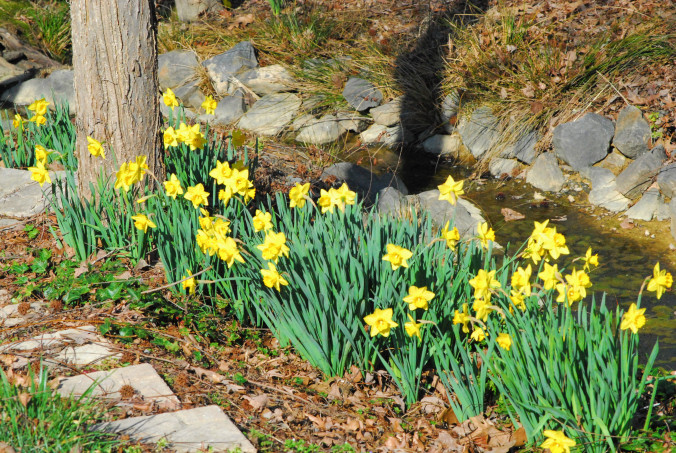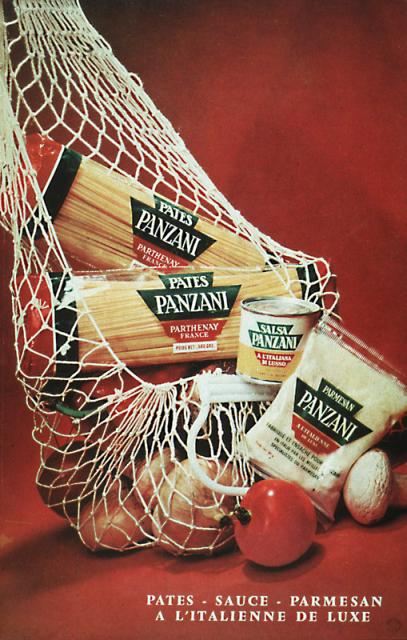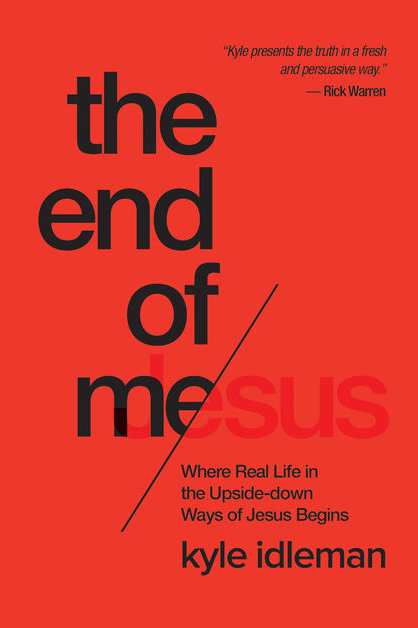 image source: picjumbo.com
image source: picjumbo.com
I love cooking, good food, and that peculiar quiet that happens when most stores and offices are closed (don’t get me started on Black Friday creep), so Thanksgiving is my favorite holiday of the year. It’s also a holiday based on over-simplified feel-good fibs, and can also stir up unpleasantness about everything from eating disorder recovery to acrid family politics.
In other words, it’s complicated, kind of like our national relationship with food on the whole. To celebrate–or at least commemorate–the upcoming food frenzy, I’m sharing four of my favorite food and farming books that would be perfect for savoring over the long weekend.
Animal, Vegetable, Miracle: A Year of Food Life by Barbara Kingsolver (with Camille Kingsolver and Steven L. Hopp Amazon | Barnes & Noble | IndieBound
Amazon | Barnes & Noble | IndieBound
Troubled by the ecological toll of modern agriculture, particularly the fossil fuel expenditures involved in transporting food from farm to grocery store to table, Barbara Kingsolver and family moved to Appalachia and embark on a year of local eating. The result is this book, which is adventurous, funny, alarming, warm, and also a love letter to Appalachia.
If you’re a fan of Kingsolver’s fiction, you know that she is deeply concerned with themes of family and sustainability, making this memoir–peppered with nonfiction reporting on food issues and environmentalism–even more charming. The window into Kingsolver and her family’s life is as precious as the window she opens onto our alienating modern food system.
Hit By a Farm: How I Learned to Stop Worrying and Love the Barn by Catherine Friend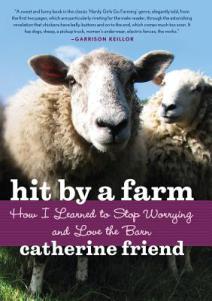 Amazon | Barnes & Noble | IndieBound
Amazon | Barnes & Noble | IndieBound
Certified city girl Catherine Friend fell in love with a woman who dreamed of farming, so the two picked up and moved to southeastern Minnesota to raise sheep and wine grapes. In Hit By a Farm, Friend explores the steep learning curves of both farming and long-term relationships, and it’s as much a book about her partnership with her now-wife Melissa as it is a book about farming.
Still, there’s plenty of farming and food commentary to be had, accompanied by a glimpse of the swath of writing life that exists between unpublished nobody and runaway bestseller–Friend is a moderately successful technical writer and romance author as well as farmer. This book is laugh-out-loud, bust-a-gut funny, and Friend’s no-nonsense approach to her relationship with Melissa makes this one of the great lesbian memoirs–if such a sub-genre exists–too.
The Dirty Life: A Memoir of Farming, Food, and Love by Kristin Kimball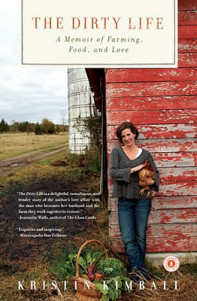 Amazon | Barnes & Noble | IndieBound
Amazon | Barnes & Noble | IndieBound
The Dirty Life is another fish-out-of-water memoir, recounting formerly-of-NYC writer Kristin Kimball’s whirlwind romance with a sustainability-minded farmer, and their move to a plot of land in Vermont that they slowly transform into a thriving CSA (a weekly share-based community-supported agriculture business). Kimball’s book is honest and gritty, featuring more of farming’s bitter disappointments than most books in the sustainable agriculture sub-genre, making it more credible and complex than the typical feel-good, permaculture-will-save-the-world story.
I spent my teens living on my mom’s failed hobby farm, and The Dirty Life came closest to capturing what that’s like (even though Kimball’s farm eventually does succeed). If you’re looking for an emotional rollercoaster and sensory feast of a farm memoir, this is it. (There’s also a memorable scene where she recounts eating a heart–if memory serves, a venison heart–stuffed with breadcrumbs. It’s a lot to take if you’re squeamish, but it’s certainly evocative.)
Like Water for Chocolate: A Novel in Monthly Installments with Recipes, Romances, and Home Remedies by Laura Esquivel Amazon | Barnes & Noble | IndieBound
Amazon | Barnes & Noble | IndieBound
It’s a classic “food book” to the point of cliché, but for a reason–Like Water for Chocolate is one of the most sensual and lovely books about the power of food that there is. Esquivel’s novel follows the life of Tita, the youngest daughter in a wealthy Mexican family who is prohibited from marrying in order to devote her full attention to her aging mother. Tita’s heart breaks early when she has a forbidden fling with a man named Pedro, who eventually marries her sister. The story of Tita’s fight for independence is told through her cooking, which imparts whatever emotions Tita is experiencing upon whomever eats it.
Is it over-the-top? Absolutely. Is it gorgeous and memorable? Absolutely, again. I especially love the glimpse into family life during the Mexican Revolution and into a food tradition that’s very different from my German-Scandinavian-American family’s food traditions. The book is relatively short if memory serves, but if you’re in the mood for a three-hour drama fest, the film has its own sort of joy and magic. It’s in Spanish, but English subtitles are available, and the ridiculous image of Tita’s sister, Gertrudis, riding naked on horseback through the wilderness with a rebel soldier, is well worth it.
What are your favorite books about food? I’m always looking for good food journalism, food and farm memoirs, food-centric fiction, cookbooks, and more, so please leave your recommendations in the comments, especially if it’s a more obscure title than these four.
Because of the holiday, I’m skipping Friday Bookbag this week. I’ll be back on Monday with a review of Little Fires Everywhere by Celeste Ng!
Share this:


